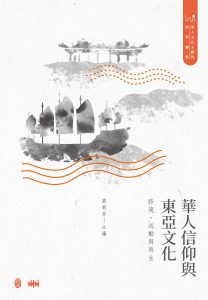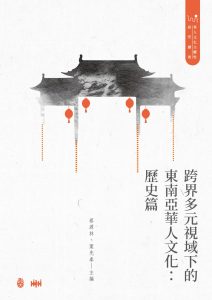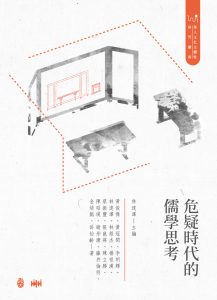Digital technologies have in the last decade profoundly changed China’s cultural landscape. Messaging apps such as WeChat and Chinese-language podcasts have become important platforms for critical debate, whilst the rising popularity of online platforms for fiction writing, video sharing, shopping, movie ratings and gaming reflect new practices of media consumption and reception. State surveillance and censorship play an important role in China’s wired culture, but web-based cultural activities do not only take place in the shadows of a repressive state but also reflect profound social and cultural transformations, technological developments as well as innovative engagements with traditional aesthetics. For instance, online fiction and poetry often follow the same formal conventions and linear structure of printed publications, whereas digitally born narrative formats are more adapted towards online consumption. Examples are microfiction (weixiaoshuo), which is circulated on Weibo and has 140 Chinese characters or less and, most recently, microdrama (duanju) on Douyin. Today, a wide range of recreational, commercial and cultural activities such as online dating or virtual museum visits are continuously reshaping our understanding of cyberspace and its social implications. These developments are likely to undergo further acceleration during the Covid-19 crisis, as new forms of digital labor and wired sociality are exacerbating posthumanist concerns about technology’s impact on our experience of everyday life – and thereby also renewing the importance of cultural forms and textual practices that help us make sense of the complexities and contradictions of our technocultural age such as cyberpunk. Adopting a wide-angled approach towards the notion of a “Wired China,” this workshop aims to explore current developments in Chinese-language digital culture, its social and political implications as well as the entanglements of cyberspace and digital technologies with Chinese history and aesthetic theory.
We welcome all contributions on topics and questions related to:
– social media and creative digital content such as online literature, genre fiction, podcasts, Douyin/TikTok videos, WeChat posts, etc.
– histories and imaginaries of cyberspace
– cyberaesthetics, digital art and virtual museums
– online platforms such as Douban and their role in public discourse
– digital activism and dissent
– algorithms and changing conceptions of content, originality, and knowledge
– artificial intelligence (and stupidity)
– digital play and gamification
– digital technology as culture
– wired life practices such as online dating, gaming, shopping, worshipping, etc.
– influencer-/celebrity-culture online
– 2D culture and the relationship between online identities and offline communities
– reconfigurations of “waste” and “sustainability” in the context of electronic ecologies
– the Sinosphere in cyberspace
We aim to publish the results in a peer-reviewed volume. To apply, please submit your abstract (max. 500 words) and a short academic bio (200 words), including institutional affiliation and email address (and/or WeChat contact) by June 14.The workshop will take place at the University of Zurich. A limited number of bursaries for travel expenses and accommodation will be available. Please indicate financial assistance needs in your application.
Contact Info:
Jessica Imbach
Postdoctoral Research Assistant
Chinese Studies
Institute of Asian and Oriental Studies
University of Zurich
Switzerland
Contact Email:
jessica.imbach@aoi.uzh.ch





